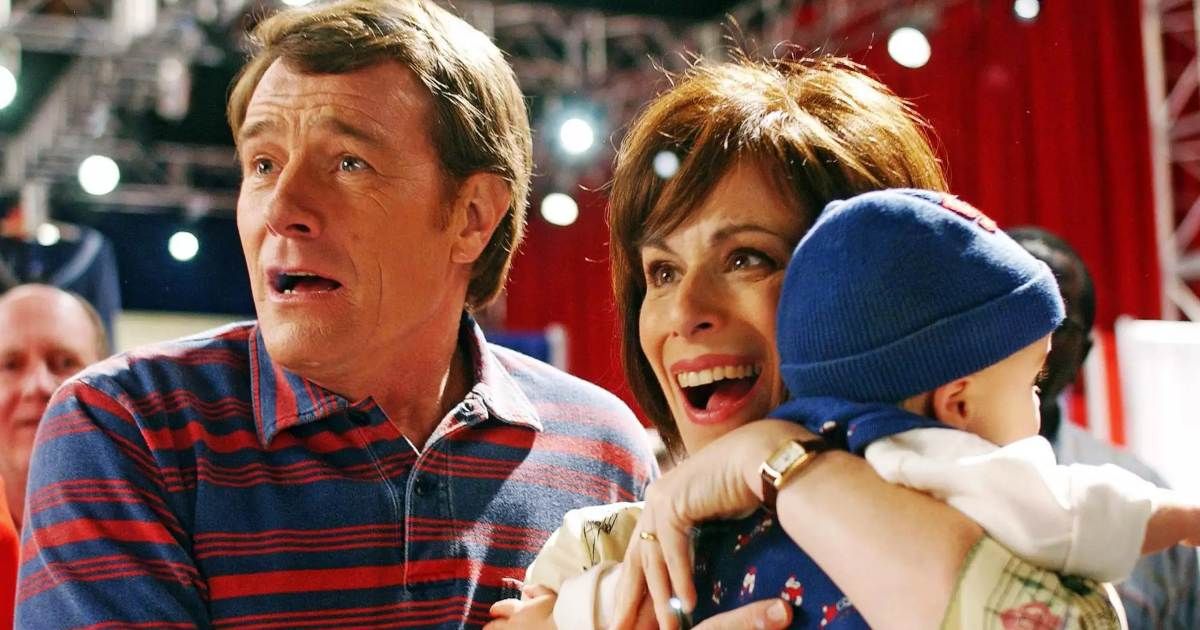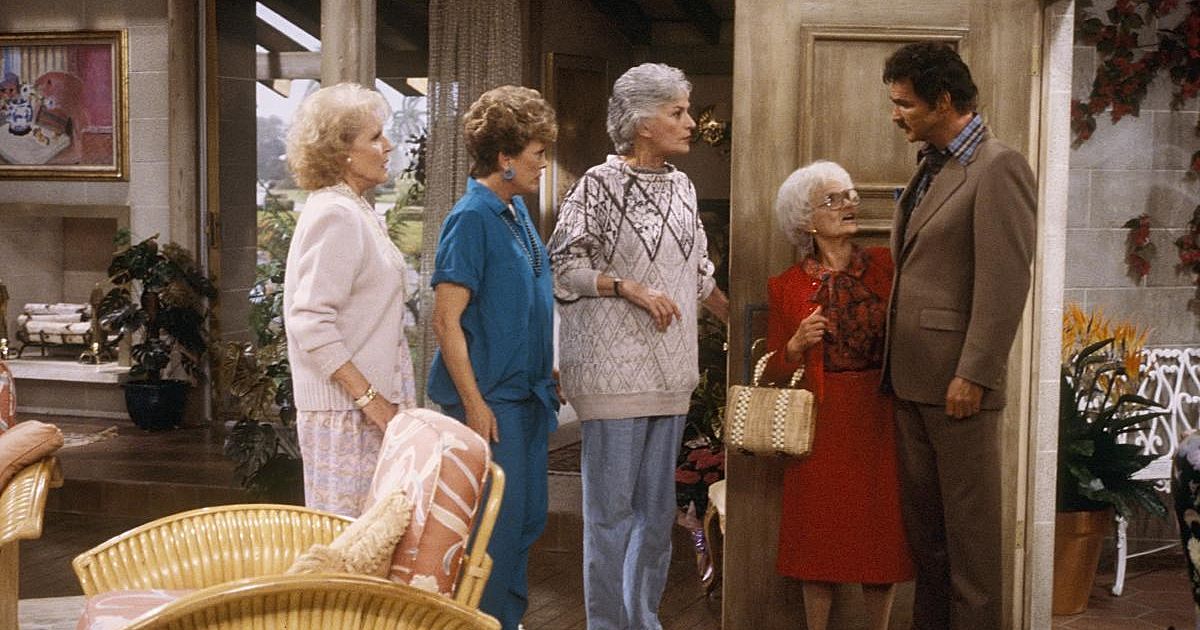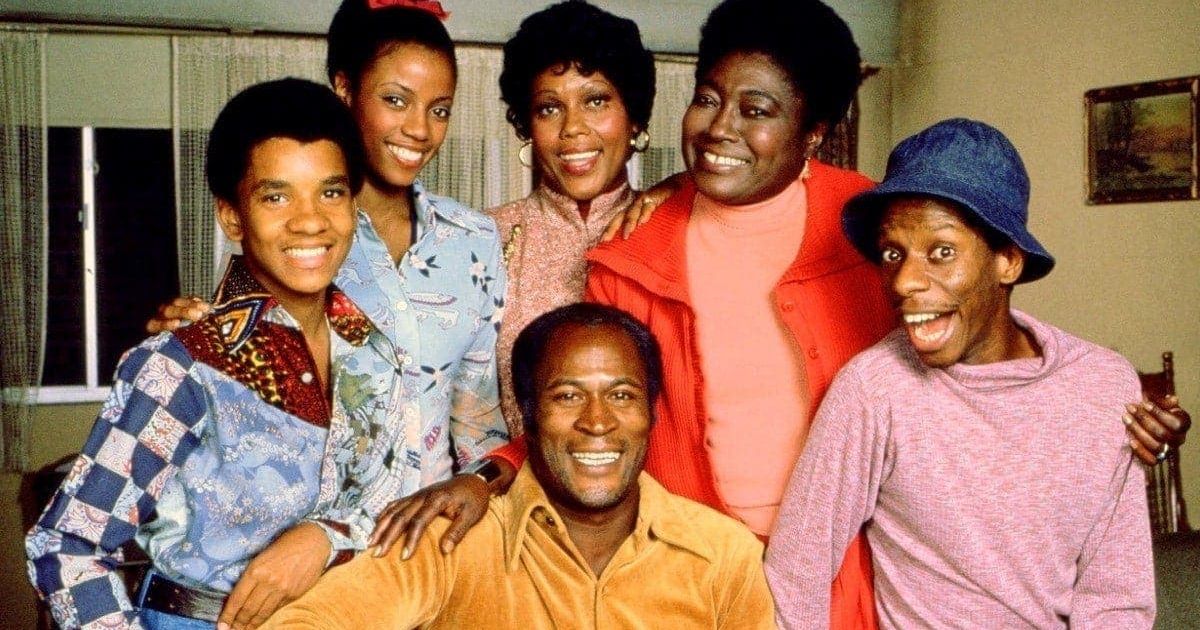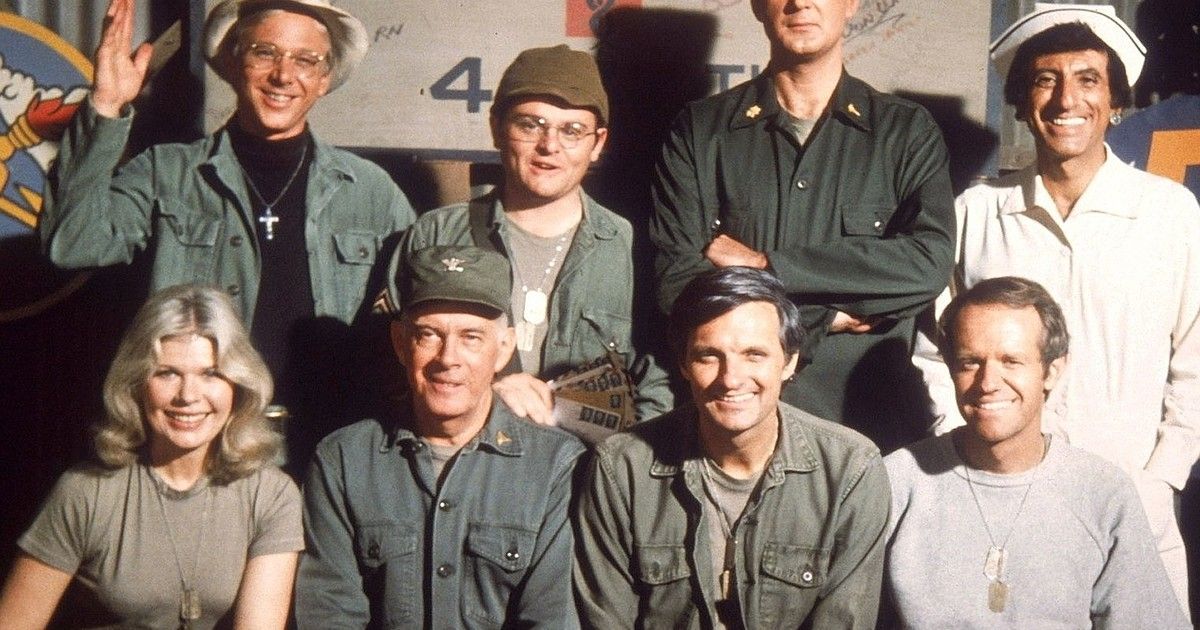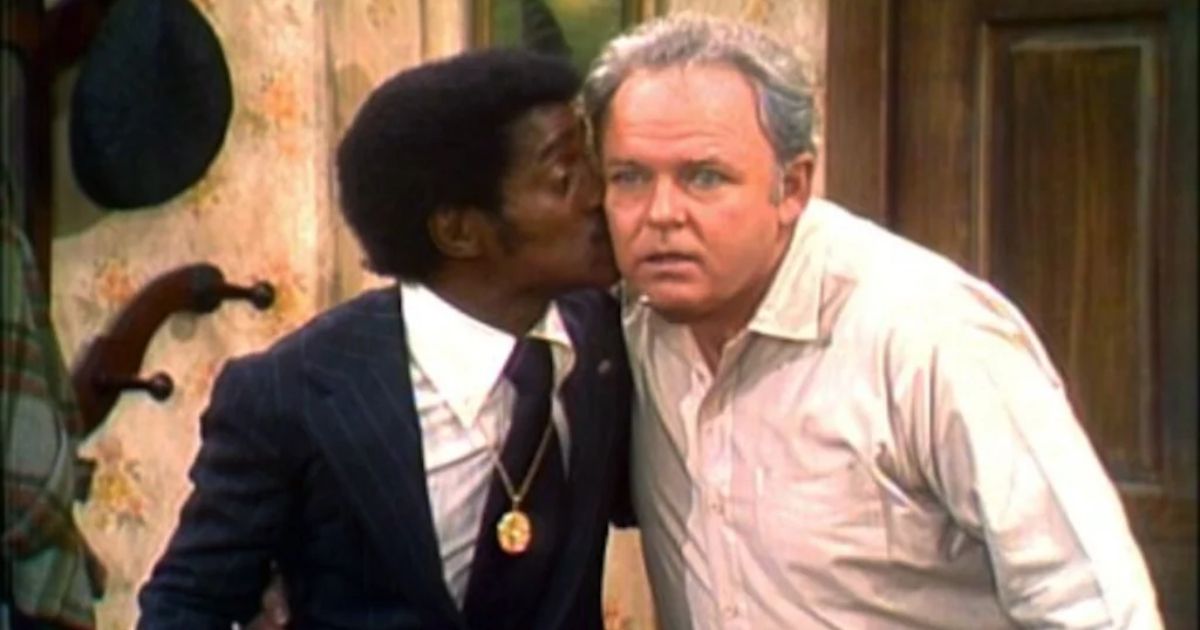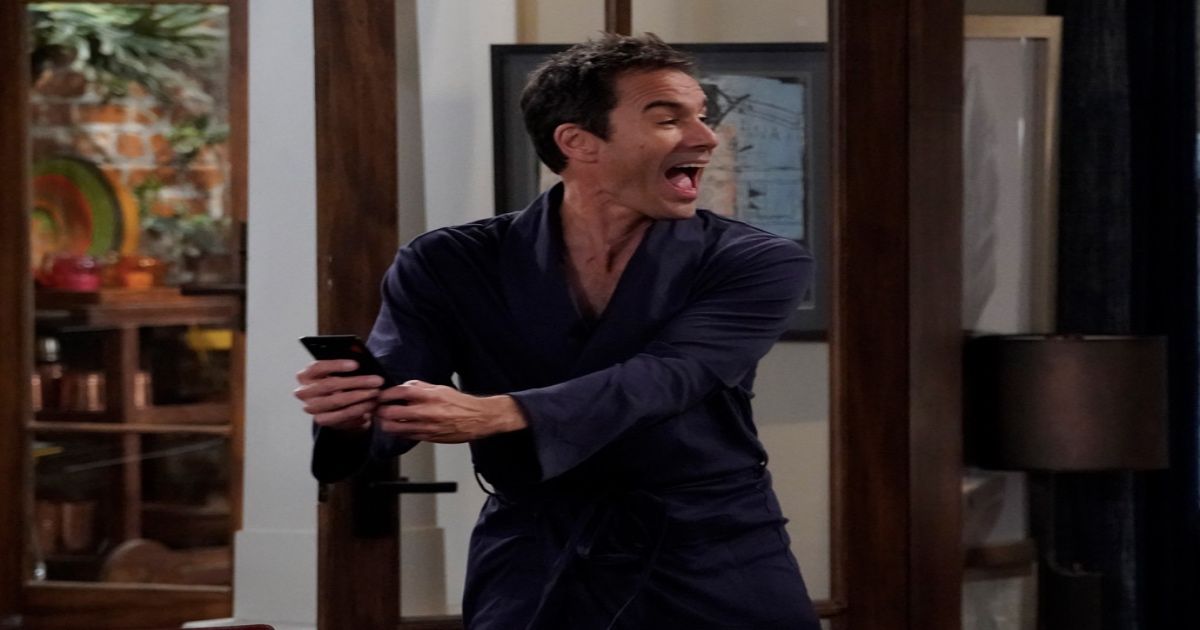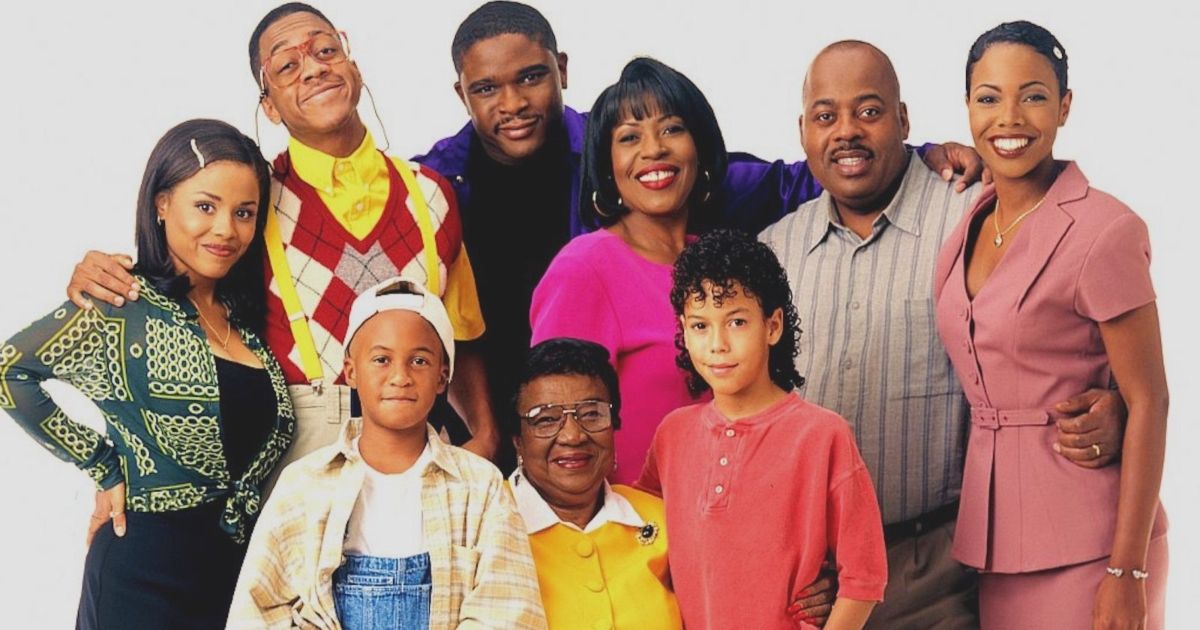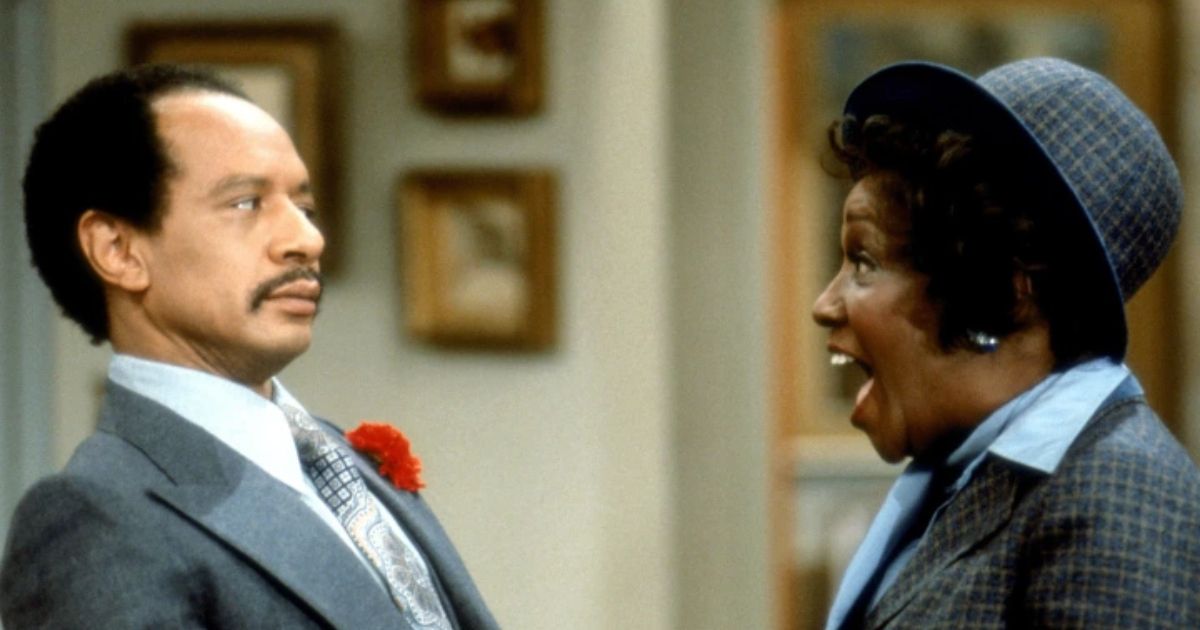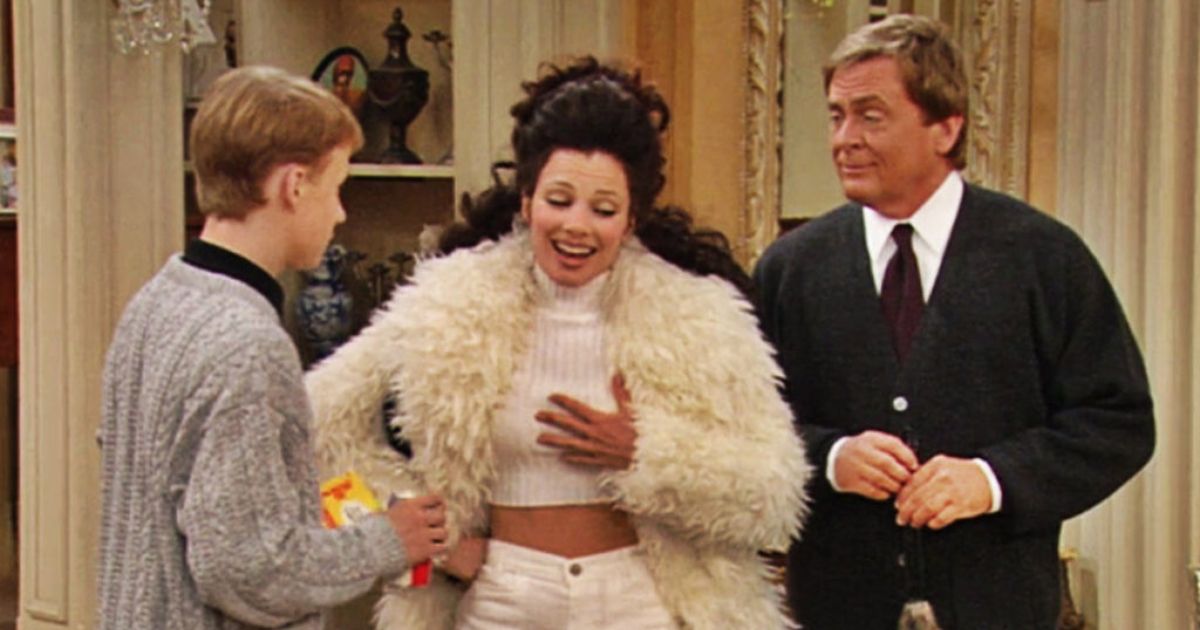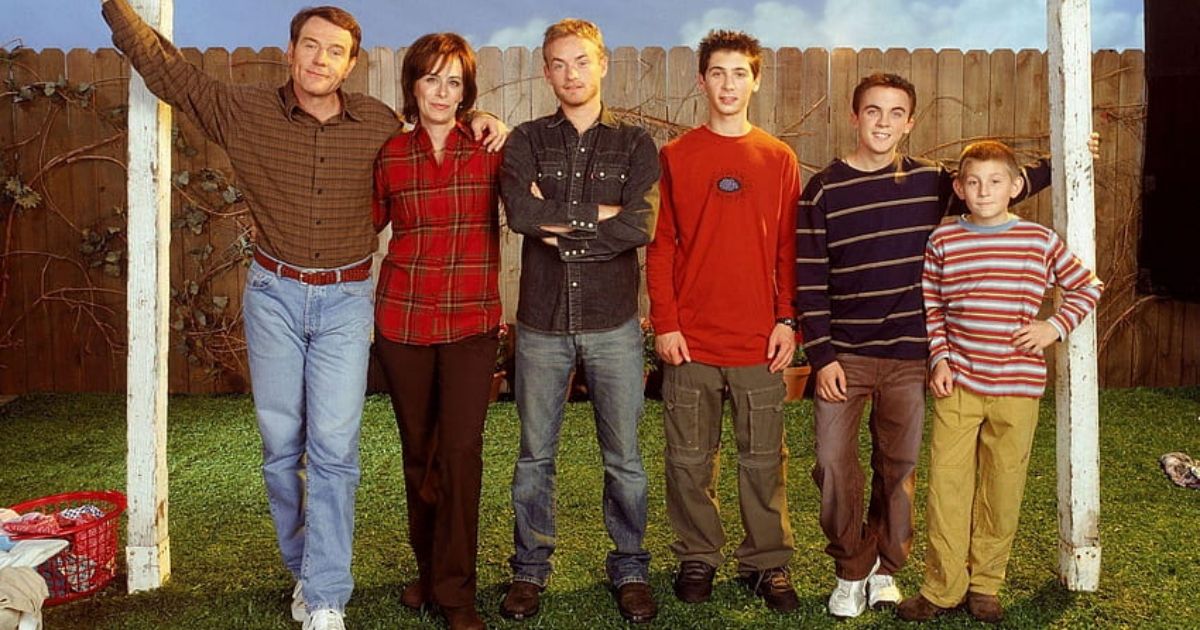The sitcom is easily the most accessible form of entertainment. Dedicated to being appealing to a wide number of people, the select series tend to start with fundamental truths about the world, introducing audiences to the mundane lives of seemingly normal characters before veering into the campy, the unsettling, and ultimately the amusing.
Producers like Norman Lear have commonly used sitcoms to reflect the everyday conversations of Americans. Ranging from comical discussions about chores, cooking, and education to tense, serious conversations about bigotry, politics, and the meaning of life, sitcoms not only alleviate the audiences’ anxieties about the world but also addresses them to varying degrees of success.
The best sitcoms among the sea of television are those that have one foot in their respective era and another in the constantly fluctuating world of time, a dimension where the universal concepts of respect, love, and selflessness remain true whether they are popular or otherwise. It would be wise to revisit some of these series and recognize them for what they were able to contribute not only to the entertainment industry to the world at large.
10 Maude
Conceived as a spin-off of All In The Family, Maude finds the cherished character starring in her comical sitcom. During her tenure on the series, Maude Findlay (Bea Arthur) has been recognized by audiences for her liberal beliefs, which at the time, were considered progressive for American audiences.
While discourse that attempts to paint feminists and social justice activists as divisive and irritating may seem recent due to the co-opting of terms such as “woke”, this particular characterization has been a device used by conservatives and uncomfortable centrists since issues of equality were raised. Even before Maude’s debut on television, her appearances on All In The Family were questioned by audiences and critics alike. In the September 1972 issue of TV Guide, Maude was described as a “caricature of the knee-jerk liberal”, with the series unintentionally displaying harmful stereotypes on television despite the showrunner’s political leanings.
Granting Arthur her series, Norman Lear and Bud Yorkin provide credible backstories and necessary motivations behind Maude’s staunch defense of civil rights and women’s liberation. From a dull archetype to a fully-fleshed character, Maude not only promoted progressive values but also proved to audiences and studios alike that there is variety among the American population that deviates from the conservative family man and the housewife or the centrist, passive protagonist.
9 The Golden Girls
From the mind of Susan Harris, The Golden Girls finds Dorothy (Bea Arthur), Rose (Betty White), Blanche (Rue McClanahan), and Sophia (Estelle Getty) living together in Miami and enjoying everything the city has to offer.
The show expertly combated ageism and misogyny with its quick-witted comedy and its heartfelt camaraderie among the characters, cast, and crew. Much like Maude, the series also tackled issues such as queer relationships, HIV/AIDS, various forms of bigotry, nuclear war, and fertility despite the controversial nature of said topics.
The appeal of The Golden Girls lies in its strong blend of comedy and authenticity, bringing imperative conversations with the necessary seriousness while also providing audiences with wholesome celebrations of life.
8 Good Times
The first spin-off of a spin-off, Good Times stars John Amos and Ester Rolle as James and Florida Evans, a couple with three children living in an apartment. The series documents the various personalities within the Evans family unit namely J.J. (Jimmie Walker).
One of the most iconic characters on television, J.J. and his iconic catchphrase (“Dy-no-mite!”) captivated audiences and continues to be a widely recognizable line. Initially highlighting the lives of Black Americans in the Chicago neighborhood, the show, alongside Sanford and Son and The Jeffersons, created a foundation for Black talent to carve their respective universes on television in the face of racist backlash and stifling from audiences and behind-the-scenes executives.
7 M*A*S*H
Considered a part of the American film canon, M*A*S*H was introduced to audiences as a situation comedy focusing on the lives of military surgeons, soldiers, and staff stationed in South Korea during the Korean War. The 4077th MASH or the titular Mobile Army Surgical Hospital hosted a plethora of entertaining personas including Benjamin “Hawkeye” Pierce (Alan Alda), Margaret “Hot Lips” Houlihan (Loretta Swit), and Maxwell “Max” Klinger (Jamie Farr).
Alongside poignant yet subtle interrogations of America’s involvement in the Cold War and the Vietnam War, the show managed to capture a bright comedic light in an otherwise dim and dark situation. Through the various relationships and sense of unity among the characters, the ridiculousness of M*A*S*H was an equally enjoyable veneer for the subversive commentary the show made on war, gender, and various displays of masculinity.
6 All In The Family
Considered the nexus point for the NLCU (Norman Lear Cinematic Universe), All In The Family comfortably sits at the apex of American entertainment. Taking inspiration from the British family sitcom, Till Death Do Us Apart, All In The Family begins with a similar basic premise.
Capturing the anxieties of the nuclear family with an equal brush of comedy and drama, the show follows working-class husband Archie (Carroll O’Connor), his wife Edith (Jean Stapleton), and their college-educated daughter Gloria (Sally Struthers) Bunker and their lives in Queens, New York.
With Archie conceptualized as a stand-in for the conservative American father, the series dealt with contentious issues such as racism, antisemitism, sexual assault, and abortion were key storylines during the series. With the introduction of characters like Maude and Lionel Johnson, the show succeeded at varying degrees when it comes to expanding representation to other demographics of the United States.
5 Will & Grace
Revered as a landmark series for queer and Jewish representation, Will & Grace saw Eric McCormack and Deborah Messing portray a beautiful friendship between Will, a gay lawyer, and Grace, a straight, Jewish interior designer. The framework for the series was based on the real-life friendship between creator Mat Mutchnick and Janet Eisenberg. Alongside the series’ other creator David Kohan, the world of Will & Grace was unveiled to the world in 1998.
Due to the homophobia-fueled reproach aimed towards Ellen DeGeneres and her respective sitcom Ellen, NBC expressed some apprehension towards the green-lighting and subsequent premiere of the series. However, two decades later, Will & Grace remains a staple among American sitcoms. Discussing the intricacies of relationships in both queer and heterosexual contexts, the heart of the show lies within Will and Grace’s genuine friendship and concern for one another, perfectly capturing the unique bond between gay men and heterosexual women.
4 Family Matters
Conceived as a spin-off of Perfect Strangers, Reginald VelJohnson, Jo Marie Peyton, Darius McCrary, and Jaleel White contributed their various talents to the iconic series that would become Family Matters.
Focusing on The Winslows, a Black American middle-class family in Chicago, the series is both amusing and educational. Initially focused on the dynamics of the Winslow family, the series veered into new territory when nerdy neighbor Steve Urkel made his first appearance in the season 1 episode, “Laura’s First Date”. Celebrated for pushing the plot along with his clumsiness and lack of self-awareness.
The series had its fair share of issues ranging from several cast changes, behind-the-scenes altercations, and characters in danger of flanderization. Nevertheless, Family Matters was an influential and enjoyable series that, for better or for worse, highlighted a respectable, loving family.
3 The Jeffersons
In another spin-off of All In The Family, Sherman Hemsley, Isabel Sanford, and Marla Gibbs poured their effort and talent into what would be one of the longest television series starring Black Americans. The Jeffersons focused on the titular family, an affluent couple that enjoyed their Manhattan home, their vast social circle, and all the hijinks that occur as a result of George’s successful dry cleaners company.
Alongside his wife Louise, his son Lionel, and the family maid Florence, the comical quartet was conceived as a response to concerns made by The Black Panther Party. Reportedly visiting Lear and discussing the representation of Black Americans in fictional media, The Jeffersons encapsulated the idea of “moving on up” or social mobility among Black Americans.
The entertaining banter between George and Florence alongside important conversations about the state of the world contributed to the show’s overall likability. The introduction of Edie Stokes and the consequential discussion of transness and the inclusion of Jenny, Lionel’s biracial wife, are some of the many contentious issues the series tackled.
2 The Nanny
From the second Fran Drescher appeared on-screen, everything from her voice, her mannerisms, and her fashion became etched into American history. Blending Drescher’s personal experiences with the nigh-fantastical, almost Mary Poppins-esque world of early 90s New York City, Drescher and her then-husband Peter Marc Jacobsen created The Nanny.
Exiled from her cosmetics job, Fran Fine finds herself on the doorsteps of Maxwell “Max” Sheffield (Charles Shaughnessy), an affluent British Broadway producer and soon is hired, reluctantly, as the Sheffield family nanny. The series highlights her authentic and warm bond with Maggie (Nicholle Tom), Brighton (Benjamin Salisbury), and Grace (Madeline Zima), acting as an older sister to the three children. Fran commonly enjoys hilarious conversations with Niles (Daniel Davis), the family butler, who also serves as an ally in her rivalry with C.C. (Lauren Lane), Max’s business partner.
By distinguishing each character with their personality and set of running gags, the series was able to thrive off of the attachment audiences felt towards characters like Fran, Lies, and the children. The flamboyant nature of the series also attracted a large queer audience that saw the Jewish fashionista as a gay icon of sorts.
Offering audiences an alternative to the nuclear family opened conversations about the many different ways a loving family unit can appear in the world. The genuine fondness between the Sheffields and their peers was the ultimate selling point. The Nanny continues to be a fun celebration of femininity and family with a cast that juxtaposes traditional or conservative depictions.
1 Malcolm in the Middle
Aside from mastering the art of theme song creation, Malcolm In The Middle continues to hold up as a quality sitcom. The series hones in on middle school student Malcolm, who is introduced as a child genius with an IQ of 165. Noted for its pop-punk influence and the authentic depiction of youth culture during the Noughties, Malcolm In The Middle was conceived with a fully realized aesthetic from the beginning which ultimately enriched the various storylines and characterization of the protagonists.
Presenting a dysfunctional family to American audiences, the series never shied away from the discomfort that many viewers are aware of or experience for themselves. Breaking the fourth wall, Malcolm would express his frustrations in one breath while coming to appreciate his family in another. While some may write this off as hypocritical, the contradiction is not as unfathomable as one may believe. Instead, it captures the confusing nature of loving one’s family members, acknowledging the trauma that conjured up their imperfections, but also feeling reasonably hurt when instances of disrespect and abuse occur.
The series plays on existing tropes such as the domineering and stern mother in Lois, the immature father in Hal, and the rough, mischievous sons in Reese, Francis, and Dewey. However, the creativity of the showrunners resulted in one of the most fascinating comedies on television.
This story originally appeared on Movieweb

